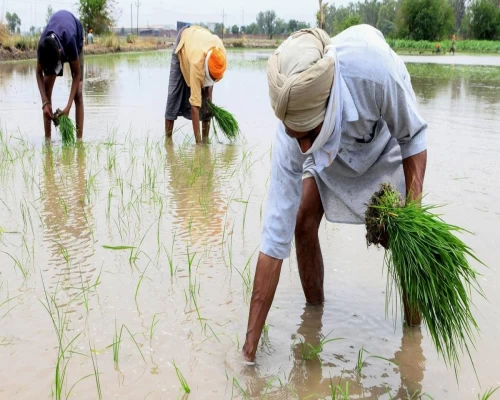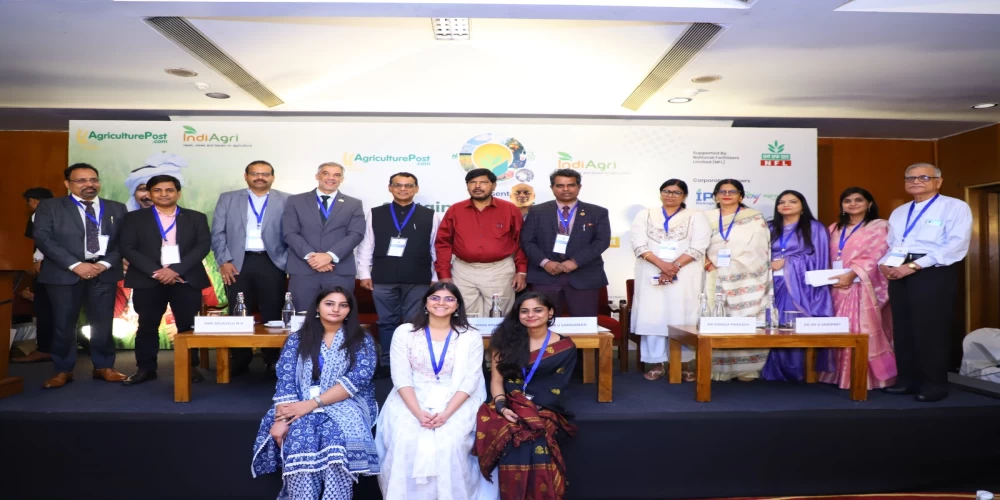
New Delhi: Soil sustains life, and it is critical for all to come together and nurture it, if we must build a sustainable agriculture ecosystem for future generations, agreed experts at a conclave on sustainable agriculture held here, an organiser said on Monday. Farmers, policymakers, scientists, industry leaders and academics echoed this sentiment at a high-level panel convened in New Delhi recently to address the urgent challenge of climate change and advance India's net-zero goals, said the organiser in a statement.
The Sustainable Agriculture Summit & Awards 2024 deliberated on ways to promote sustainable farming practices for a greener future and also celebrated the best practices.
Addressing the Summit, Chief Guest Ramdas Athawale, Minister of State for Social Justice and Empowerment, Government of India, emphasised the need for a sustainable culture in agriculture.
He said, “This is the time to recalibrate our approach to promote sustainable farming practices to rejuvenate soil health with mixing the usage of organic manure. We should focus on integrating the use of fertilizers with organic manure to enhance production, improve soil health, and ensure agricultural sustainability.”
He highlighted how the Government of India, under Prime Minister Narendra Modi's visionary leadership, consistently prioritises the “betterment of agriculture and the well-being of farmers”. Sanjay Kumar Jha, Member of Parliament, Rajya Sabha, said, “Agriculture can be key to transformation and progress of societies and for a brighter future we must work concertedly on sustainable agriculture practices."
He cited how Bihar was leading with some of the finest initiatives towards sustainability including Chief Minister Nitish Kumar's Jal-Jeevan-Hariyali campaign as well as Krishi Roadmap, a blueprint for sustainable agriculture in Bihar.
Ambassador of Brazil to India, Kenneth Felix Haczynski da Nobrega, highlighted the need of the "world coming together to commit to sustainability."
Supported by leading industry players and organizations such as National Fertilizers Limited, Hindustan Urvarak & Rasayan Limited, IPL Biologicals Limited, Godrej Agrovet Limited, National Seeds Corporation Limited (NSC) and Small Farmers Agri-Business Consortium (SFAC), the Summit brought together policymakers, industry experts, researchers, farmers, and other key stakeholders to discuss and implement sustainable farming practices across the country.
At the event, over 50 awards were conferred on farmers, agriculture universities, researchers, think tanks, startups, and agri business companies at the Sustainable Agriculture Awards across 20 categories.
The day-long deliberation saw varied solutions being put forth by experts. Dr U Saravanan, Chairman & Managing Director, National Fertilizers Limited (NFL), said, “Adequate fertilization can significantly boost crop yields, helping to meet the growing global food demand while reducing the need for additional land conversion. A robust domestic fertilizer industry is key to reducing India's reliance on imports, ensuring food security for the 1.4 billion population, and stabilizing prices for farmers."
Highlighting the vital role of biological inputs for soil health, Dr Vimala Prakash, Head- Technology Innovation Center at IPL Biologicals Limited, said, “The excessive application of chemical fertilizers has degraded soil organic carbon from 1 per cent to 0.3 per cent over the past 70 years. This alarming decline poses a significant threat to soil health. To rejuvenate the soil, it is imperative to use biological solutions and organic manure."
Elaborating on the need for a paradigm shift in the agricultural practices, Rajavelu NK, CEO - Crop Protection Business - Godrej Agrovet Ltd, said, "To promote sustainable agricultural practices, we have evolved from a crop protection chemical business to a crop protection solution business with the introduction of biological agri-inputs."
Ajai Rana, CEO & MD of Savannah Seeds and Chairman of FSII, emphasized the importance of integrated technology-based solutions to tackle the pressing challenges of climate change, rising labour costs, and water scarcity.
Siba P Mohanty, Managing Director, Hindustan Urvarak & Rasayan Limited (HURL), said, "HURL's Gorakhpur, Sindri, and Barauni plants are pivotal in bolstering India's agricultural and economic landscape. They are instrumental in achieving self-reliance in urea production, conserving foreign exchange, and propelling India towards fertilizer independence, a cornerstone of the 'Aatmanirbhar Bharat' mission.”
Rajendra Jog, Executive Director, Syngenta Foundation India (SFI) said, “Over the years, we have cultivated an extensive network of agri-entrepreneurs who are expertly trained in modern, sustainable agricultural practices. These dedicated professionals share their knowledge and expertise with millions of farmers across the nation. At SFI, agricultural sustainability has always been our central focus and driving force."
The Summit, organised by Agriculture Post and IndiAgri, highlighted the critical role of improving access, availability, and efficient use of agricultural inputs in realizing India's vision of a developed nation by 2047. /BI


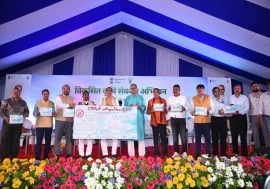
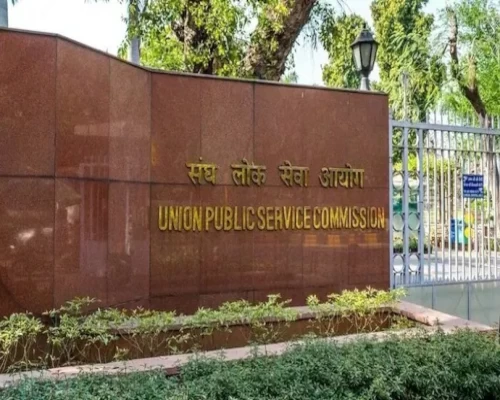


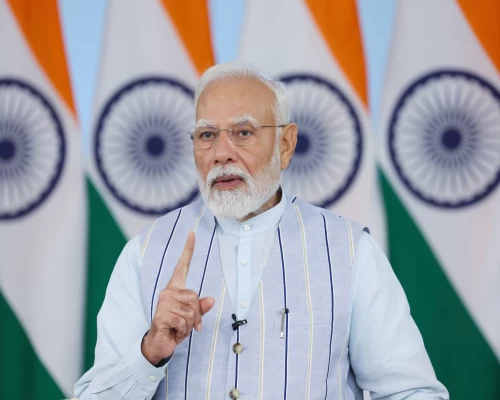

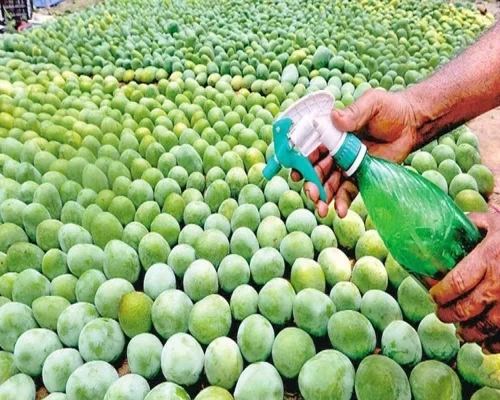
 (13)_500_x_400.webp)
